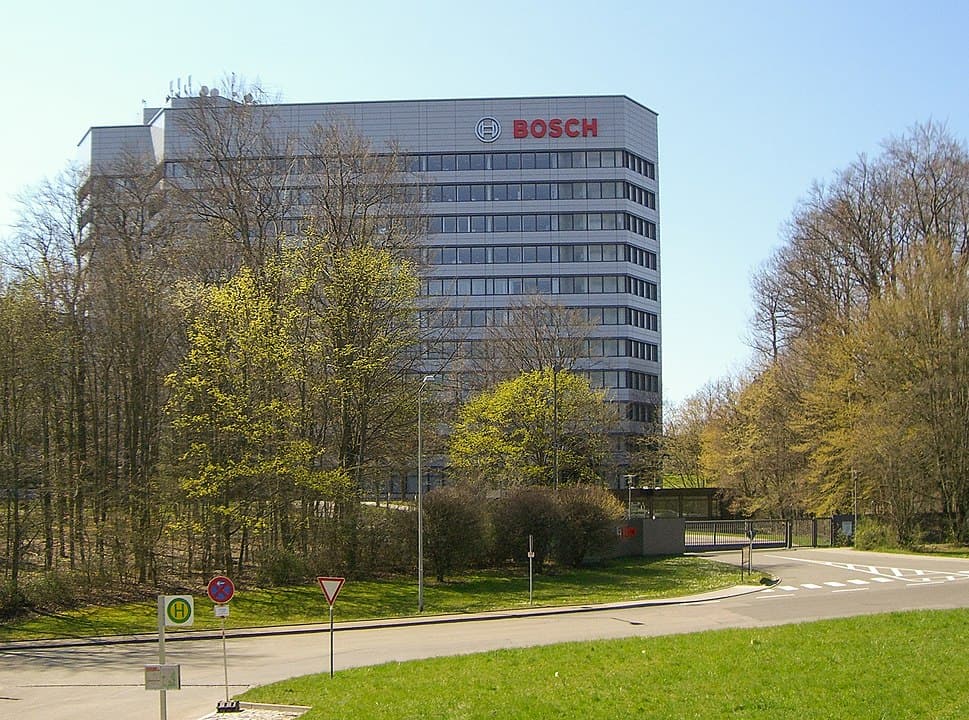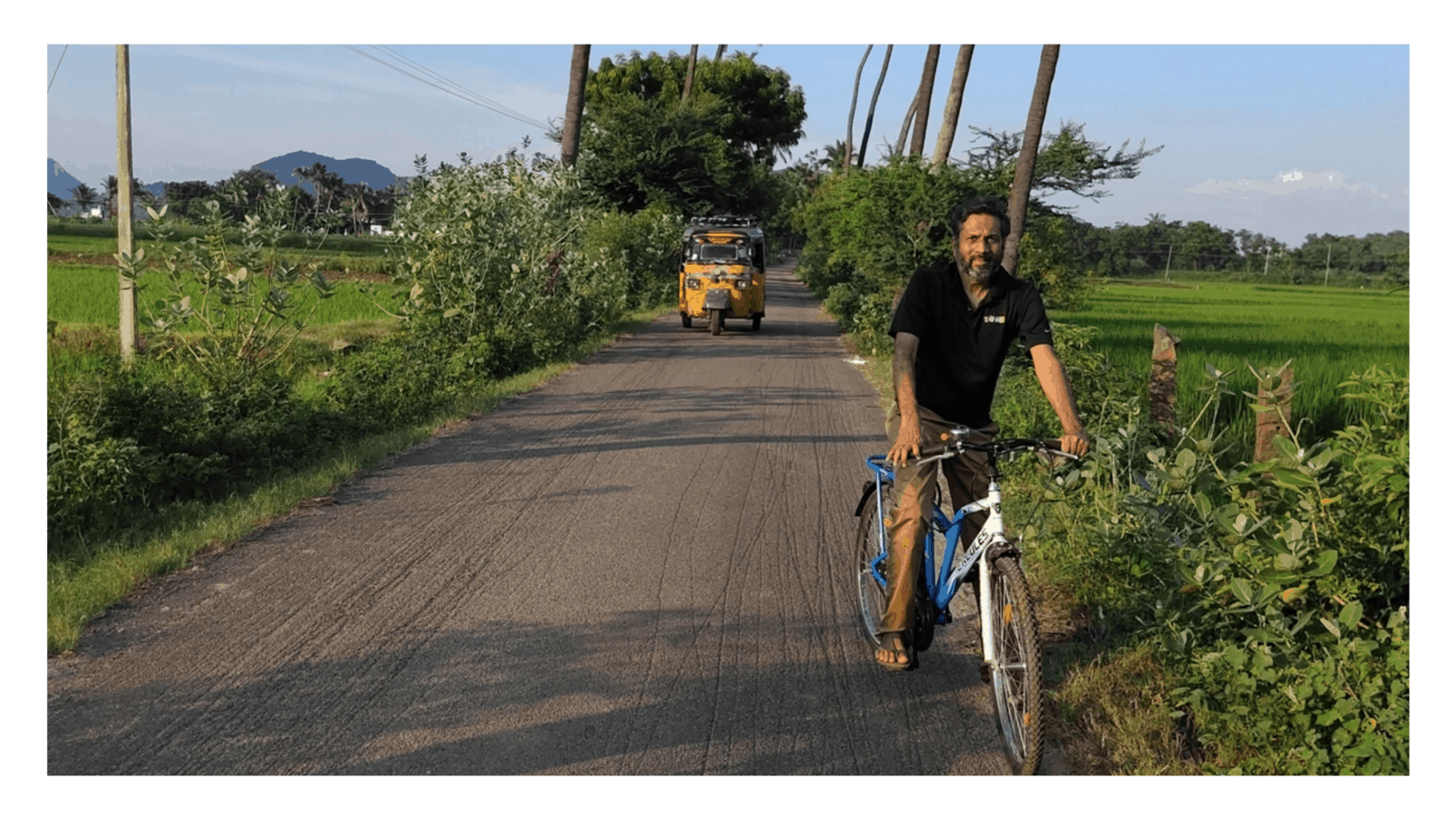One in four people are in poverty in Latin America and the Caribbean, a notable increase compared to the time of the commodity boom, said the new director for Latin America and the Caribbean of the International Finance Corporation (IFC), Martin Spicer.
According to this estimate, around 160 million people live in poverty. In quantitative terms, this situation set Latin America back more than a decade. The United Nations’s Eclac, reported that poverty in 2020 jumped to levels last seen 12 years ago, and extreme poverty to levels not seen for 20 years.
Against this dire backdrop, COVID-19 response will be an early top priority for the IFC, but its priority will swiftly move to areas that help Latin America and the Caribbean (LAC) countries overcome poverty and inequality, Spicer told Latin Trade.
The basic pillars of IFC’s action to achieve this urgent goal are inclusive growth, innovation, and regional integration.
The private sector will be central to recovery. “Focus on ensuring that companies survive through the crisis and create jobs. Their existence is the driver of economic growth,” Spicer said.
The IFC will pay special attention to Small and Medium Enterprises (SMEs), the largest employers in the region. Many of these firms face severe liquidity challenges, as impoverished, jobless clients sharply cut their demand. To keep this economic engine running, the IFC will provide local financial institutions with more lines of credit to mitigate SME cash problems.
In general, the IFC’s intention is to have financial institutions open their vaults to all vulnerable sectors, such as women-owned firms. The institution also strongly wants to promote connectivity among entrepreneurs to pull them in the direction of digital transformation and formalization.
Three action areas
Latin America is the most unequal region in the world. Prospects for a fairer distribution of income and wealth seem bleak, as increasing poverty also tends to increase inequality. “The region has many strengths – people, cultural affinities between peoples of the region –, but many development challenges like sustainable growth and income inequality,” the new director for Latin America said.
The IFC wants to break this cycle by intervening in several relevant places. One of them is to guarantee access to finance because as Spicer noted, it is one of the causes of inequality. The institution will also promote preferential financial access to women to trim gender disparities.
A second major area of action comprises competition, competitiveness, and innovation, especially to promote exports.
The lack of infrastructure in Latin America is a centuries-old obstacle to competitiveness, that the region has not been able to resolve. Spicer mentioned the fact that 60% of the roads in LAC are currently unpaved. Better port, airport, and road infrastructure are clearly needed to facilitate “connecting people, ideas and businesses,” the Director said.
However, advances in this area can be further powered by focusing on basic technologies like broadband and mobile connectivity, which is a sort of broad-spectrum solution for competitiveness. It touches everything from facilitating deliveries to consumers, to building business partnerships, to increasing efficiency and sharing successful business experiences, Spicer said.
The third area is climate change and sustainability. Spicer believes that LAC should adapt its business models to increase economic growth while reducing its carbon footprint. The IFC will concentrate investments on renewable energies and cleaner transportation projects.
Municipalities offer another interesting opportunity to curb emissions when they make use of environmentally friendly building techniques. The IFC promotes an internationally-recognized green building certification system (Excellence in Design for Greater Efficiencies, EDGE). It is a tool that, for instance, helps to improve building design to cut water and electricity use by 30%. “EDGE is also a guideline for financial institutions to assess their own client base,” Spicer added.
Tourism-dependent countries in the Caribbean Basin could greatly benefit from these building techniques. They could lower their carbon footprint and, at the same time, have constructions that withstand harsher and more frequent storms.
For the IFC, climate change and sustainability projects are a real business opportunity and not a desire of bleeding-heart need, Spicer stated. By 2030, just in Argentina, Brazil, Colombia and Mexico will have invested close to $2 trillion on climate projects, Spicer said.
In the fiscal year ended in June 2020, IFC’s long-term investments in the region totaled a record $7.1 billion, including a record $4 billion mobilized from other investors, enabling investments to foster sustainable growth across the region, create jobs, and fight the impacts of the COVID-19 pandemic.
Long-term investments aside, the IFC will use its convening power to connect the region both with itself, to jointly tackle issues like climate and gender inclusivity, and with the world, bringing success stories from other parts of the planet, Spicer concluded.



